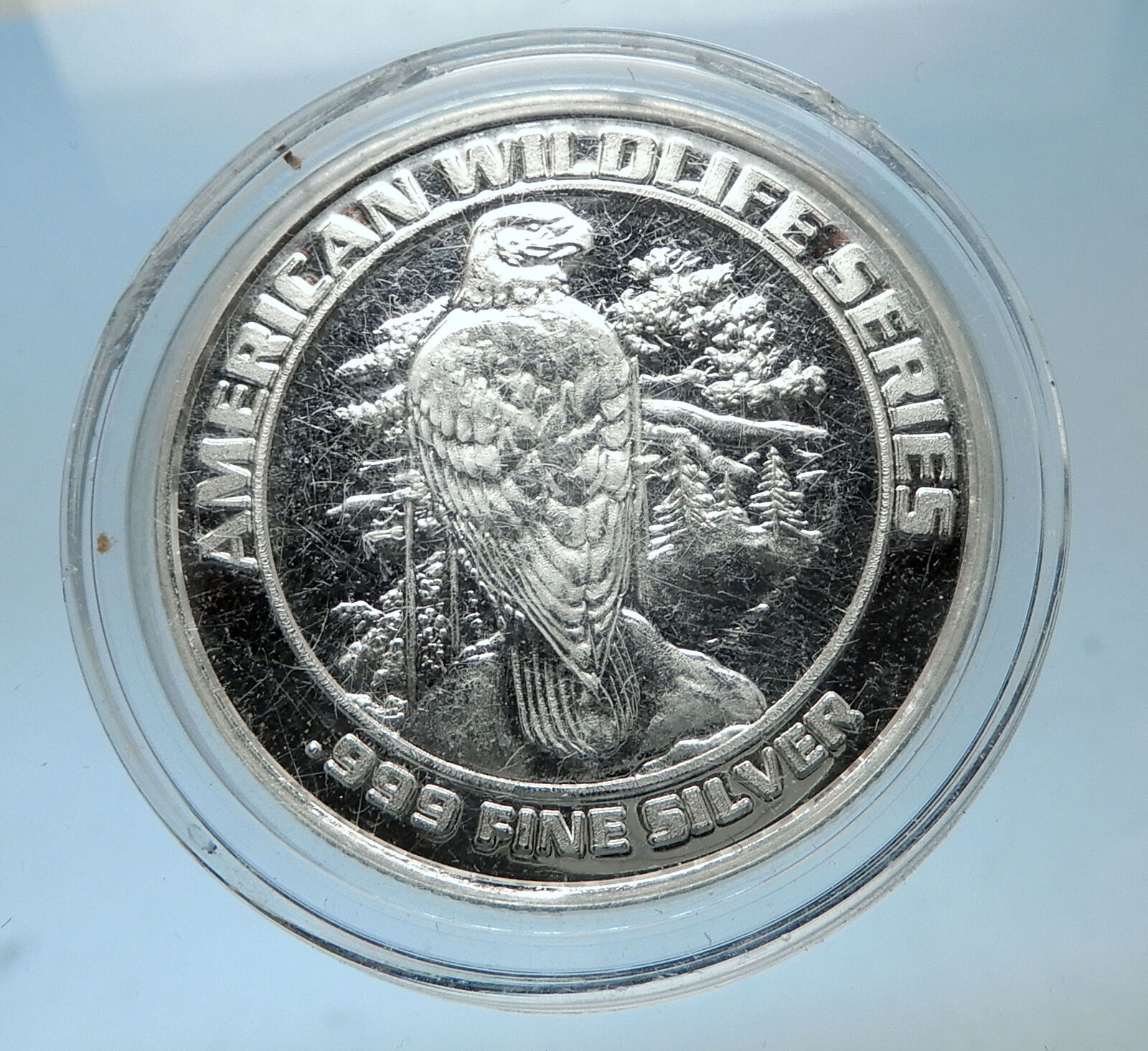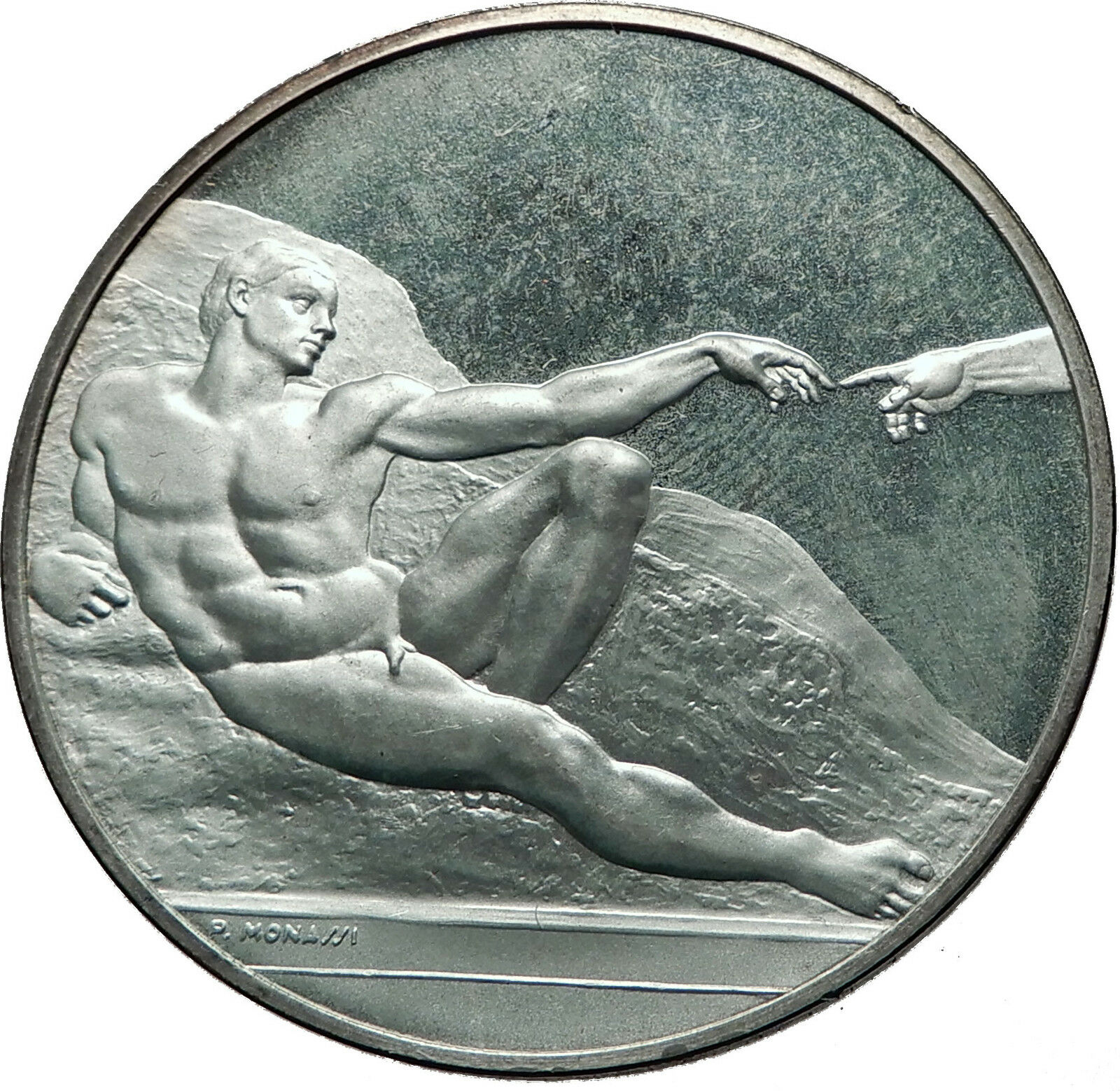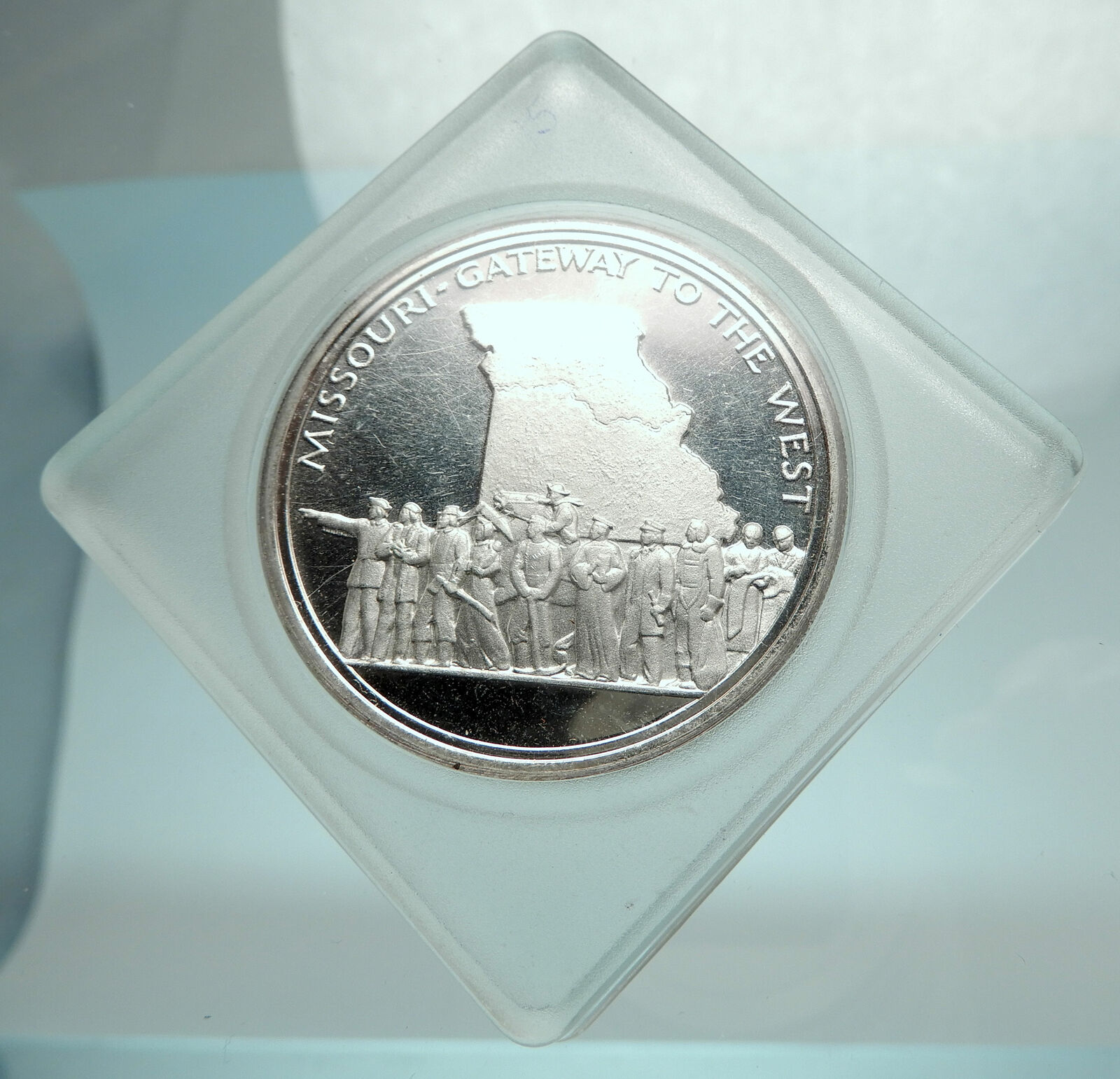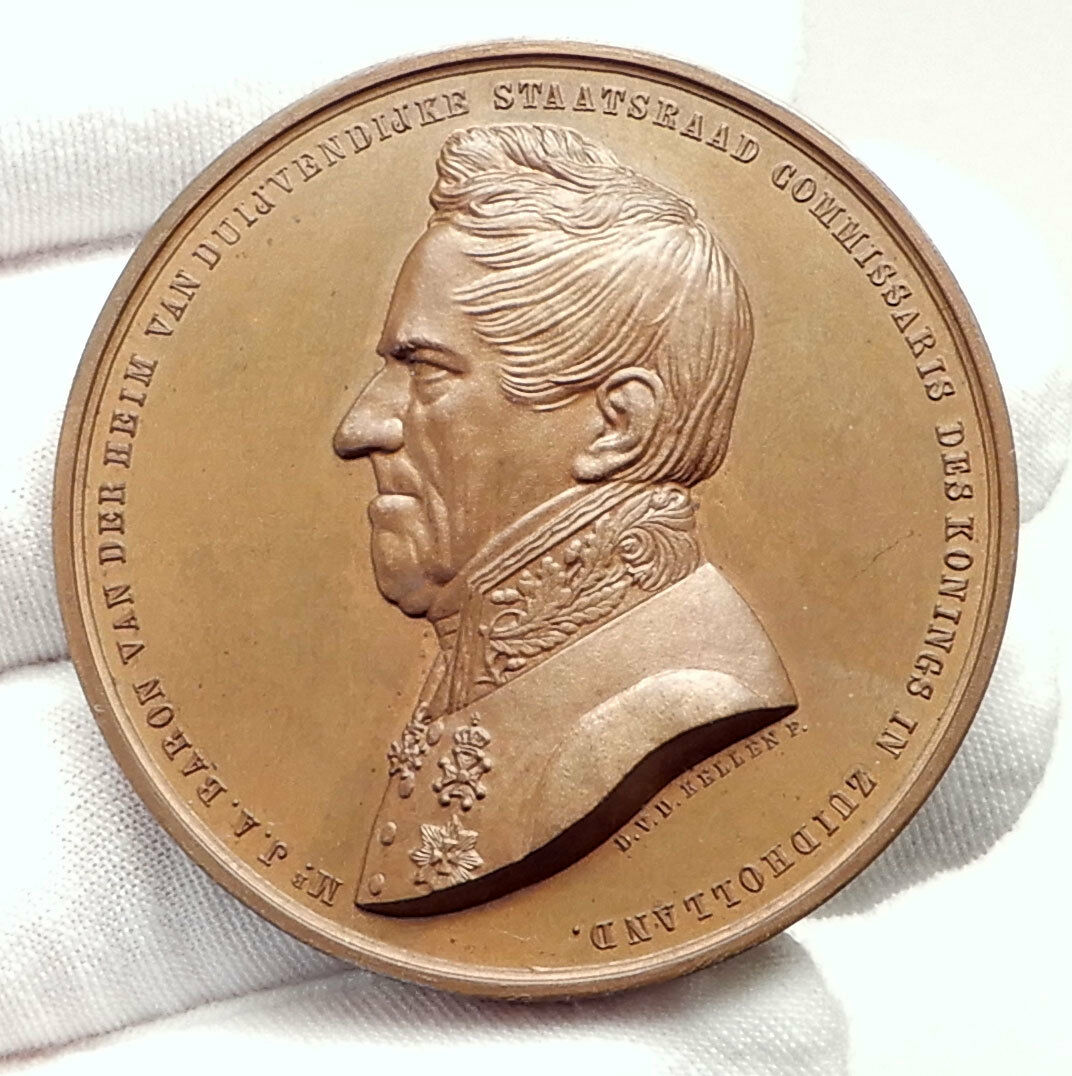|
Trump Plaza Casino Hotel
White Metal Medal
36mm (21.46 grams)
TRUMP PLAZA HOTEL AND
CASINO ONE DOLLAR GAMING TOKNE ONE DOLLAR,
Ribbon, lines, circles and stars.
*ACCEPTABLE
ONLY AT TRUMP PLAZA HOTEL AND CASINO, ATLANTIC
CITY, N.J * NOT LEGAL TENDER TRUMP PLAZA
ATLANTIC CITY’S CENTERPIECE, Crowned plaque,
floral arrangement around.
You are bidding on the exact item pictured, provided with a Certificate of Authenticity and Lifetime Guarantee of Authenticity.
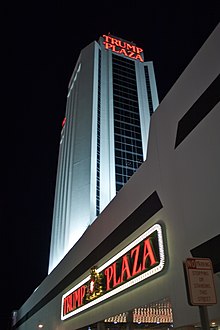 Trump Plaza was a hotel and casino on the Boardwalk in Atlantic City, New Jersey, owned by Trump Entertainment Resorts. Designed by architect Alan Lapidus and Martin Stern Jr, it operated from May 15, 1984 until September 16, 2014. Trump Plaza was a hotel and casino on the Boardwalk in Atlantic City, New Jersey, owned by Trump Entertainment Resorts. Designed by architect Alan Lapidus and Martin Stern Jr, it operated from May 15, 1984 until September 16, 2014.
The beginning
The Trump Organization, a company owned by real estate developer Donald Trump, began construction of the casino in June 1982. Harrah’s, the gaming unit of Holiday Inn, joined as a partner a month later. Trump would oversee the construction, while Harrah’s would operate the property, referred to as Harrah’s Boardwalk, after opening.
The property opened as Harrah’s at Trump Plaza on May 14, 1984. The complex contained 614 rooms, seven restaurants, a health club, a 750-seat showroom and a 60,000 sq ft (5,574.2 m2) casino, all on a narrow 2.6 acres (1.1 ha) plot of land next to Caesars Atlantic City. Five months after opening, the name was changed to simply Trump Plaza, to avoid confusion with Harrah’s Marina. Part of the reason for this is that Harrah’s was commonly associated with and attracted low-rolling gamblers, but Trump had built 85 high-roller suites, which were rarely used. The casino performed poorly, with pre-tax profits of just $144,000 in the first half of 1985. The poor results exacerbated disagreements between Trump and Harrah’s, leading to Trump buying out Harrah’s interest in the property for $70 million in May 1986.
In 1989, Trump paid $62 million to purchase the neighboring, unfinished Penthouse Boardwalk Hotel and Casino, including a hotel tower that had formerly been a Holiday Inn, and a nearby parking lot. Trump planned to expand the Plaza onto the Penthouse site. Trump also spent $63 million to purchase the bankrupt Atlantis Casino Hotel, separated from Trump Plaza by the Atlantic City Convention Hall, and rebranded it as the Trump Regency, a hotel annex to the Plaza.
Trump Plaza hosted the WrestleMania IV and WrestleMania V events in 1988 and 1989 respectively. Although the World Wrestling Federation billed the events as being held at Trump Plaza, in reality Trump was only the sponsor of both events, which were held at the Atlantic City Boardwalk Hall. From 1985 to 1998, the hotel was also the onsite host of 19 professional boxing program events.
The casino was the scene of a notorious baccarat session in May 1990, in which the Japanese high roller Akio Kashiwagi lost $10 million. The incident was later fictionalized in Martin Scorsese’s film Casino.
Decline
Trump Plaza’s revenues took a sharp decline in 1990, due to competition from its newly opened sister property, the Trump Taj Mahal which were 1 mile a way from each other. The casino narrowly averted default on a 1991 payment to bondholders by taking out a $25 million mortgage on its parking garage. Trump then negotiated a debt restructuring with the Plaza’s creditors, under which their $250 million of debt would be exchanged for $200 million of bonds with a lower interest rate, plus $100 million of preferred stock. The plan was submitted as a prepackaged bankruptcy in March 1992.
Construction of a $42-million expansion began in 1993. The plan called for demolition of the unfinished Penthouse casino, the addition of 30,000 square feet of gaming space, and renovation of the former Holiday Inn building to become Trump Plaza’s East Tower, with 361 hotel rooms. The expansion was at the center of a major eminent domain court case, when Trump sought to obtain the property of Vera Coking, a retired homeowner whose house was adjacent to the Penthouse casino. Coking, represented by the Institute for Justice, was victorious, and plans to build a limousine parking lot were thwarted.
In 1995, Trump granted ownership of Trump Plaza to his new publicly traded company, Trump Hotels & Casino Resorts (later Trump Entertainment Resorts). The company also acquired the Trump Regency hotel.
The East Tower opened in two phases, in October 1995 and February 1996. The expansion continued with the May 1996 opening of Trump World’s Fair, a $48-million renovation of the Trump Regency with an added casino, connected to Trump Plaza by a loggia across the Atlantic City Convention Hall.
On May 24, 2011, Trump Entertainment Resorts announced that a decision would be made within two months to either sell the casino or to renovate and expand it, possibly with a joint venture partner. In February 2013, the company proposed to sell the property for $20 million to the Meruelo Group, a California-based company whose businesses include the Grand Sierra Resort in Reno. Meruelo planned to make significant investments in the property and rename it. The deal fell through when Carl Icahn, senior lender for Trump Plaza’s mortgage, declined to approve the sale for the proposed price.
|




 Trump Plaza was a hotel and casino on the Boardwalk in Atlantic City, New Jersey, owned by Trump Entertainment Resorts. Designed by architect Alan Lapidus and Martin Stern Jr, it operated from May 15, 1984 until September 16, 2014.
Trump Plaza was a hotel and casino on the Boardwalk in Atlantic City, New Jersey, owned by Trump Entertainment Resorts. Designed by architect Alan Lapidus and Martin Stern Jr, it operated from May 15, 1984 until September 16, 2014.

